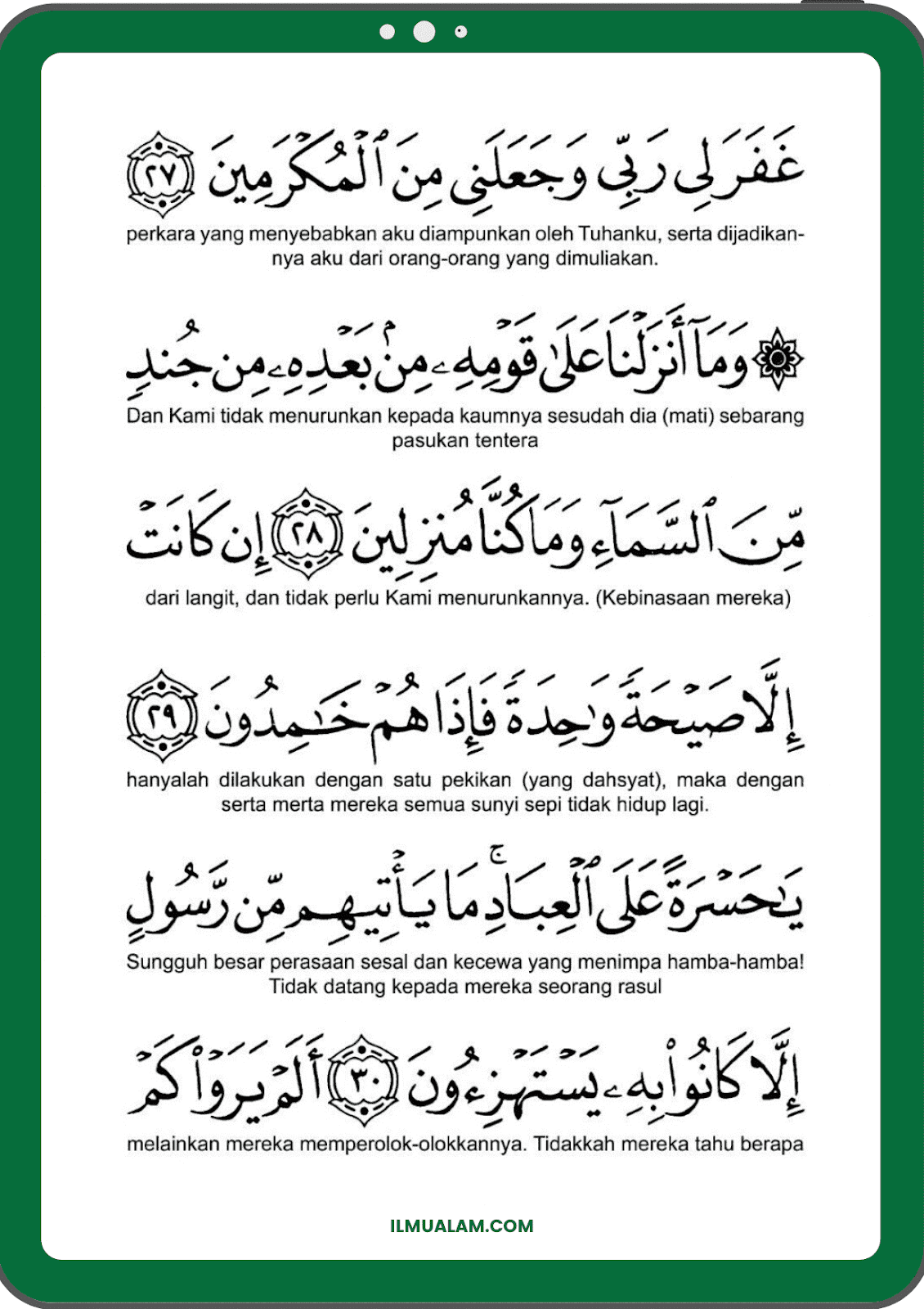

Rumi's description of humanity defined people as "the most honorable creatures on earth." God created man meticulously, blew his own soul into him and dedicated food and other useful things on earth to him. Undoubtedly, Rumi's view describing people as macrocosms is far more comprehensive, deeper and more holistic than today's limited human rights definitions and practices.

"O man, you seem to be a microcosm but in reality actually a macrocosm."

Contrary to some prominent philosophers, Rumi views people as not microcosms, small universes, but macrocosms, great universes, and explains this idea in his masterpiece, "Masnavi," as follows: According to him, people are not only earthly creatures but also spiritual beings who have special roles within the social system. It is generally accepted that the main objective of human rights regulations is the protection of dignity.Īs Rumi says, a person is the heart of the universe therefore his/her dignity is of utmost priority. In modern times, the concept of human dignity is directly linked with human rights. It can be said that there are four principals shaping this understanding: Human dignity, the aim of being, the principle of unity and the principle of equality. First of all, from his point of view, a person is not just a simple, ordinary creature that solely consists of flesh and blood, but human beings possess a perfect system with material and spiritual dimensions, the essence of the universe and the purpose of its creation.Īccording to many, Rumi's view played a big role in the formation of his understanding of universal human rights. Rumi's human rights understanding is different from today's definition due to its holistic expression. He was called Mawlana (Our Master) because he defended human rights without discrimination and struggled for the prosperity of all people and for fair and good governance. Human dignity and social justice are at the center of his world of thought. Many actions that he regards as cruelty, from which he tells people to refrain, are called violations of human rights today. Rumi tells about justice, or what is also called a state of law or rule of law in our age. His thoughts are still valid and reveal the unchanging essence inside people and express the basic and universal values of modern societies. Rumi has many things to say about the understanding of this age and has made great contributions in the field of human rights. His influence has crossed cultural and national boundaries. Rumi has also been a perfect source of inspiration in terms of social development and finding solutions to universal problems. From the 13th century to present day, his legacy has guided whoever wanted to discover himself/herself, to understand the meaning of life and to find truth. Mawlana Jalal ad-Din (1207-1273), better known in the West as Rumi, was one of the greatest thinkers, spiritual masters and mystic poets of all time.


 0 kommentar(er)
0 kommentar(er)
